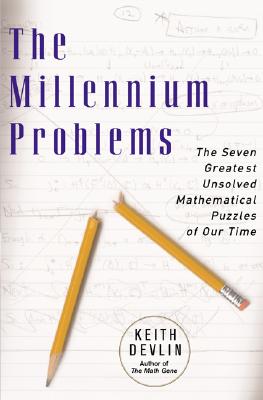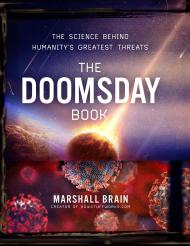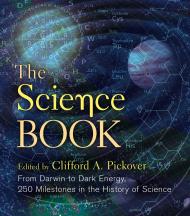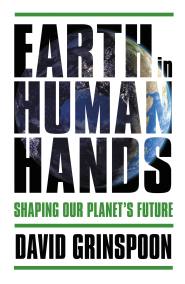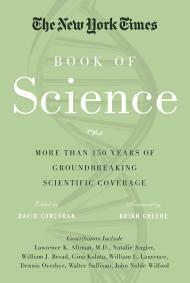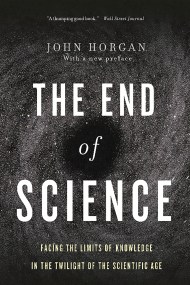By clicking “Accept,” you agree to the use of cookies and similar technologies on your device as set forth in our Cookie Policy and our Privacy Policy. Please note that certain cookies are essential for this website to function properly and do not require user consent to be deployed.
The Millennium Problems
The Seven Greatest Unsolved Mathematical Puzzles Of Our Time
Contributors
By Keith Devlin
Formats and Prices
- On Sale
- Oct 16, 2003
- Page Count
- 256 pages
- Publisher
- Basic Books
- ISBN-13
- 9780465017300
Price
$16.99Price
$19.99 CADFormat
Format:
Trade Paperback $16.99 $19.99 CADBuy from Other Retailers:
Genre:
Newsletter Signup
By clicking ‘Sign Up,’ I acknowledge that I have read and agree to Hachette Book Group’s Privacy Policy and Terms of Use
